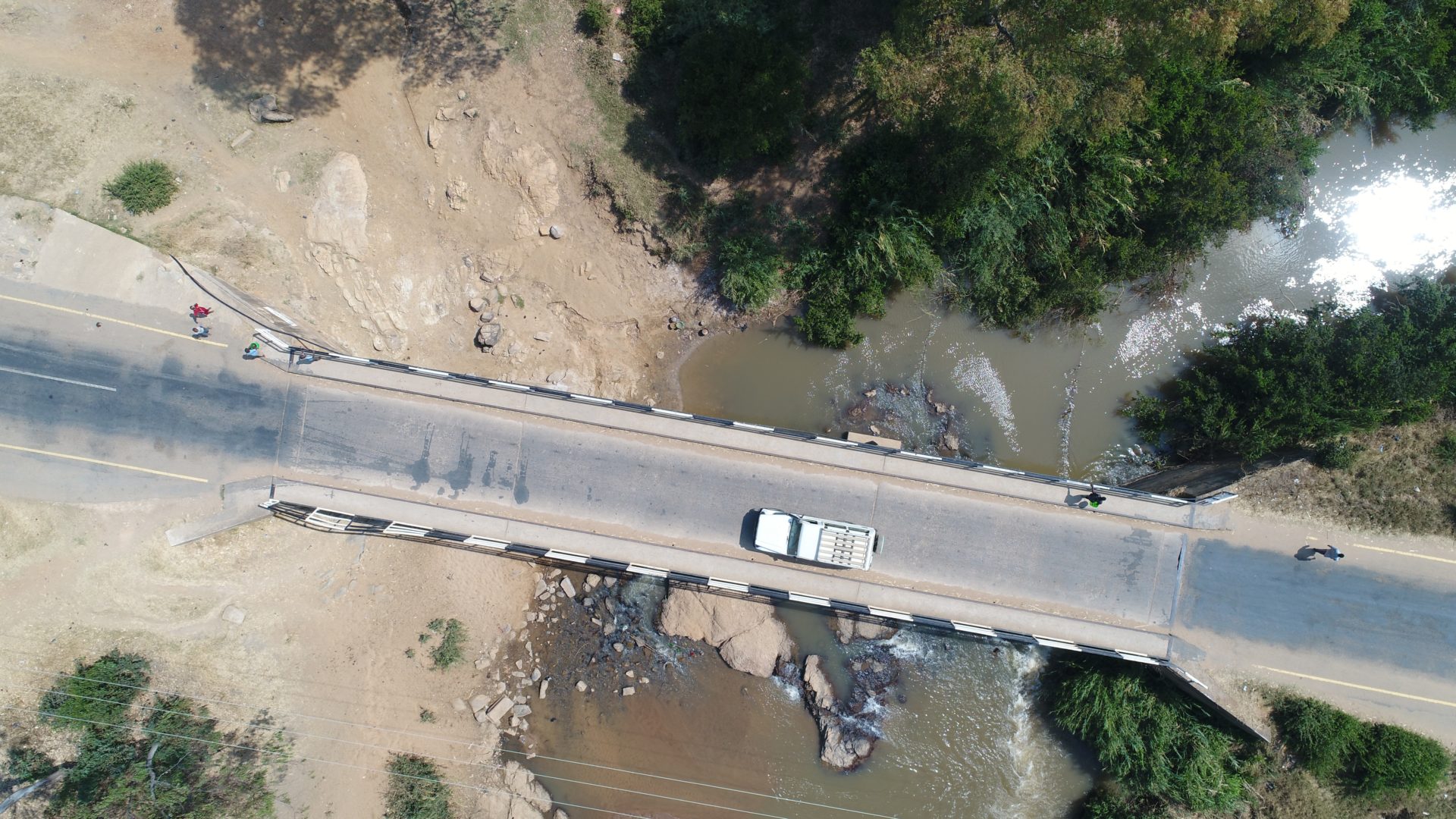The Shared Lands team is currently conducting research projects in northern Kenya on: (1) environmental conflict and peace, and (2) COVID-19 and conflict and peace. Given the need to keep our team and research participants safe during the pandemic – and our research practices in line with restrictions on social gatherings and travel – our team is working with eleven community-based researchers (‘Environmental Fellows’) who are embedded in communities across northern Kenya to collect data. At the start of the project, these Environmental Fellows participated in training in research and data collection, covering topics such as research ethics, tips for interviewing, and data storage and protection.
Once training was complete, data collection swung into full force. Over the last several months, the Environmental Fellows have recorded nearly 700 diary entries, documenting peace and conflict dynamics in communities where they live and work. These diary entries also capture how peace and conflict dynamics have been impacted by recent events in the region, including COVID-19, the desert locust outbreak, and climatic events, like drought and flooding.

To collect and share data, Environmental Fellows have used a mobile phone application, called ViewWorld, that allows data to be recorded and saved even when mobile network is not available. Once network is reached or restored, the submitted data is automatically uploaded and made available to the rest of the research team across northern Kenya and around the world. This feature of the app has been essential to the success of our team, as we are working in very remote areas with poor or no network connectivity. The app has also enabled our team to avoid unnecessary travel and face-to-face meetings to share and upload data during the COVID-19 pandemic, as this work can all be done virtually. This feature is important from a public health perspective, but also enables researchers to avoid places of recent insecurity if needed.
Another COVID-19-related adjustment to our research activities has been that team meetings have been held though Zoom and the majority of our communication has taken place through a WhatsApp group. Through our virtual team meetings and WhatsApp group, we have been able to track and discuss the progress of the project, review and adapt tools for data collection based on feedback from Environmental Fellows and collaboratively address challenges as they have arisen.
So far, our team’s approach to adjusting and continuing research in response to the pandemic has resulted in some positive adaptations: It has encouraged us to rely more on community-based researchers, enabling them to enhance their research capacity and influence the entire research process. Reliance on ViewWorld has also helped us do research during a pandemic and in fragile contexts in ways that are safer for individual researchers and the general public. We look forward to sharing the larger findings of these projects in the near future.
